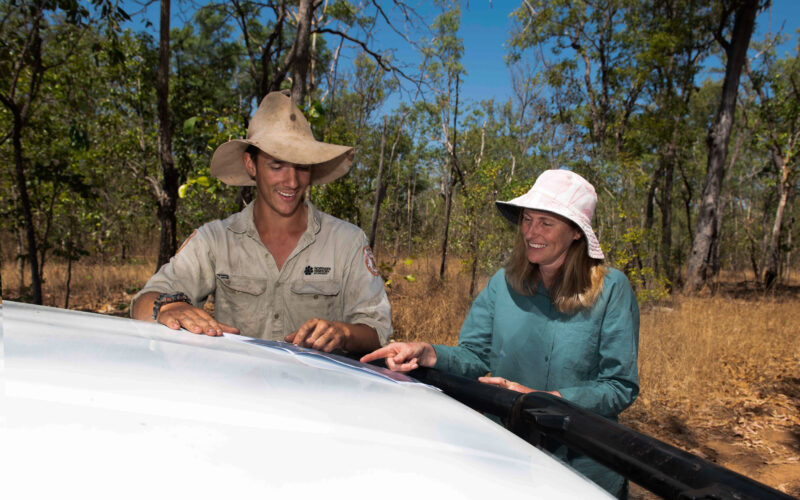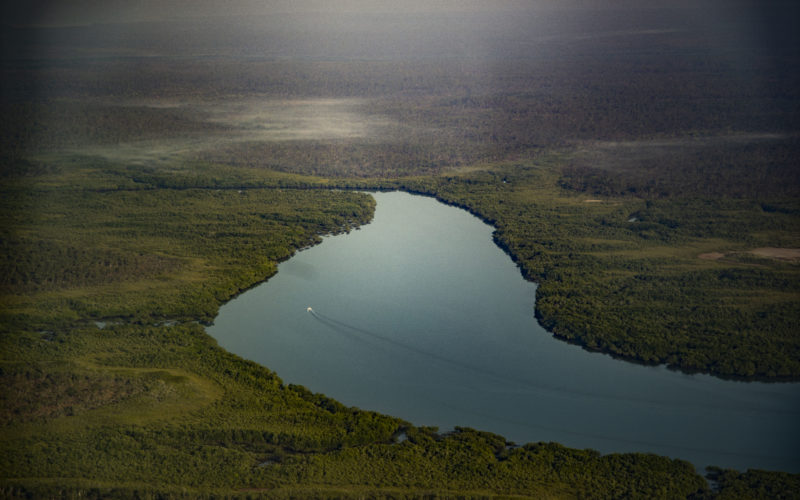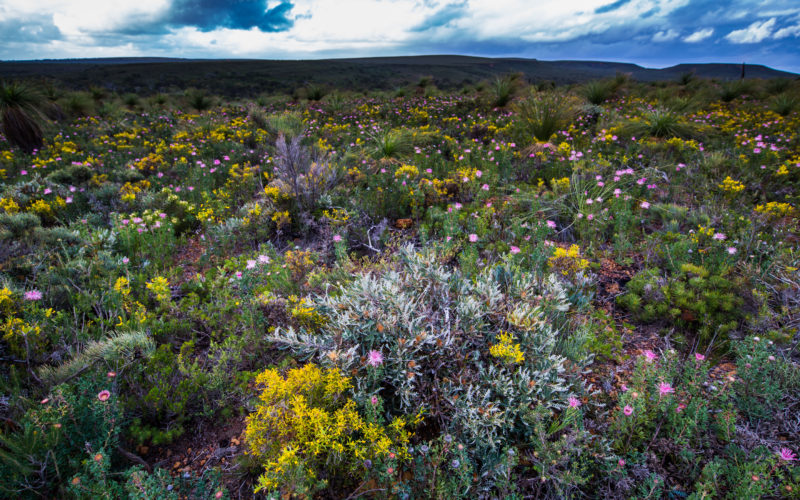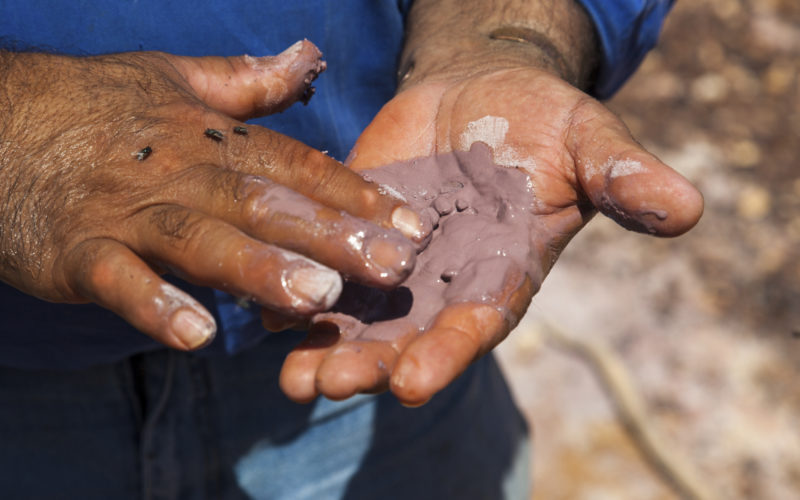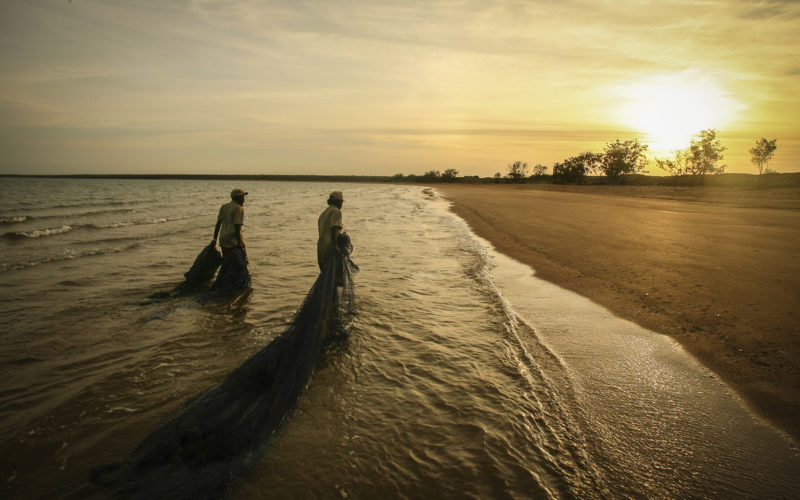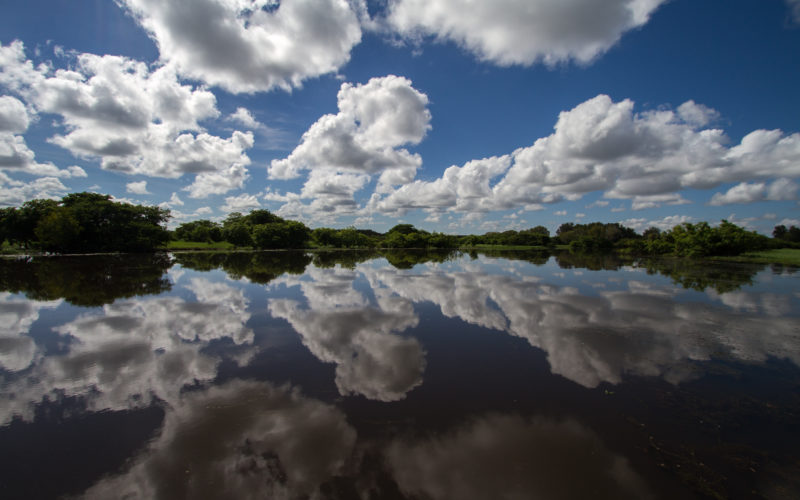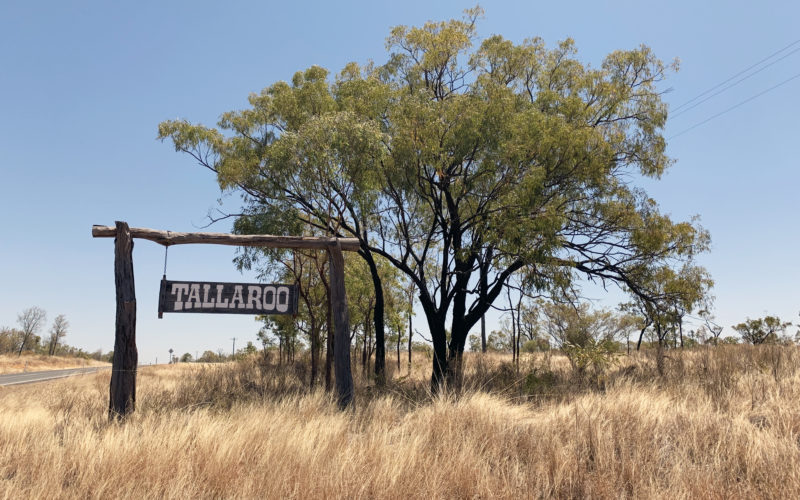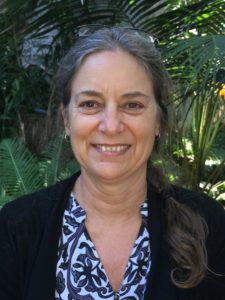
Professor Natalie Stoeckl
Professor of Economics, College of Business and Economics, University of Tasmania
See Professor Stoeckl’s full research profile here.
Research outputs linked to policy change and decision-making
Highest qualification
Roles on government or regional organisation committees and non-government groups
